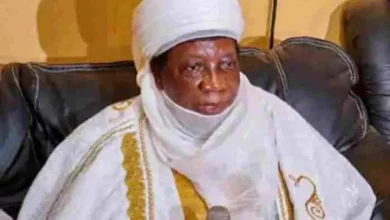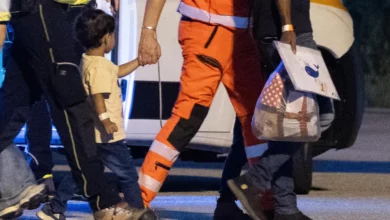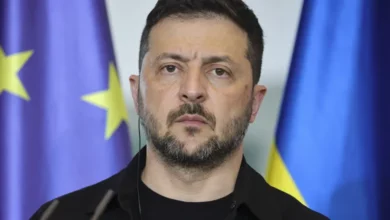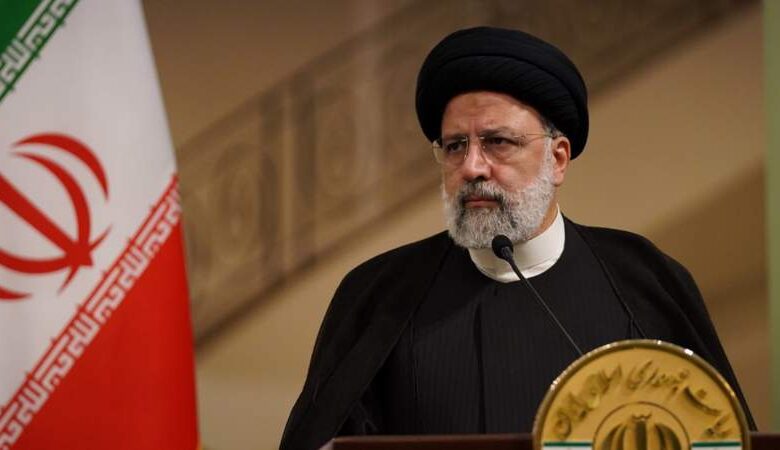

Iran’s President Ebrahim Raisi has died after a helicopter carrying him and other officials crashed in a mountainous and forested area of the country in poor weather.
The 63-year-old, a figure representing conservative and hardline factions in Iranian politics, was president for nearly three years and appeared on track to run for re-election next year.
A former chief justice, Raisi was touted as a potential successor to Ayatollah Ali Khamenei, the 85-year-old supreme leader of Iran.
Raisi was born in Mashhad in northeastern Iran, a religious hub for Shia Muslims. He underwent religious education and was trained at the seminary in Qom, studying under prominent scholars, including Khamenei.
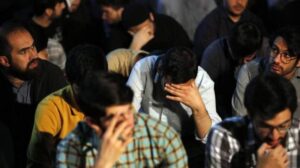

Also like the supreme leader, he wore a black turban, which signified that he was a sayyid – a descendant of the Prophet Muhammad, a status with particular significance among Twelver Shia Muslims.
Raisi racked up experience as a prosecutor in multiple jurisdictions before coming to Tehran in 1985. It was in the capital city that, according to human rights organisations, he was part of a committee of judges who oversaw executions of political prisoners.
The late president was a longtime member of the Assembly of Experts, the body that is tasked with choosing a replacement for the supreme leader in the event of his death.
He became attorney general in 2014 for two years, when he was appointed by Khamenei to lead the Astan Quds Razavi. The colossal bonyad, or charitable trust, has billions of dollars in assets and is the custodian of the shrine of Imam Reza, the eighth Shia imam.
Raisi initially ran for president in 2017, unsuccessfully challenging the re-election of former President Hassan Rouhani, who represented the centrist and moderate camps.
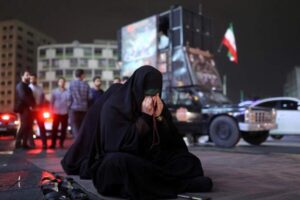

After a short hiatus, Raisi was making headlines as the new head of the Iranian judiciary system, having been appointed by Khamenei in 2019. He presented himself as a defender of justice and a fighter against corruption, and made many provincial travels to garner popular support.
Raisi became president in 2021 amid low voter turnout and wide disqualification of reformist and moderate candidates, and appeared to have secured a firm footing for re-election.
Like other top Iranian officials, his harshest rhetoric was reserved for Israel and the United States, followed by their Western allies.
Raisi made many speeches since the start of the war on Gaza in October to condemn “genocide and massacres” committed by Israel against Palestinians, and called on the international community to intervene.

